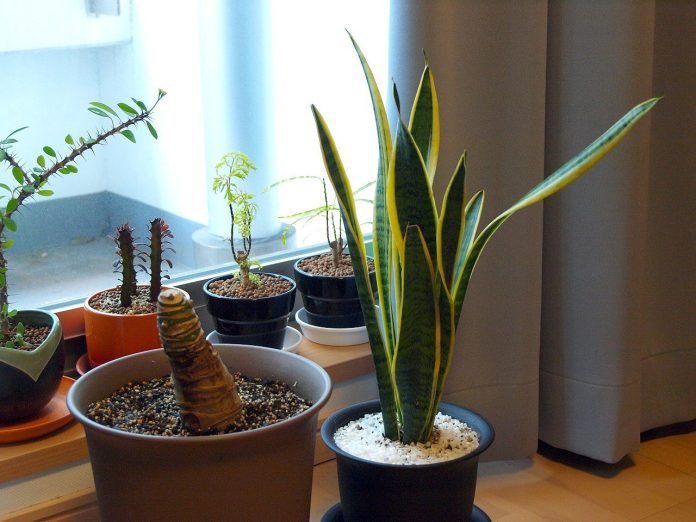Oasis
When you stepping into your home, one should have a sense of relief and calm. Imagine discovering an oasis from a long hike in the desert and the reassurance that would inspire from closing oneself from the harsh, inhumane conditions of an arid landscape into the fresh life giving climate of a tropical forest.
It is this very simple distinction that Roger Wolfson, botanist and home designer, makes for living better in our homes.
Considering the ‘new-normal’ that Covid-19 has delivered onto us, any interventions made into our homes to improve them is welcomely received.
In this spirit, Roger Wolfson offers four reasons why plants should be in your home and not just outside.
Health
Wolfson makes his first reason possibly the strongest one. Having more plants in households improves the health of those living with them.
As basic and simplified as it might sound, plants naturally cleanse and purify the air we breathe.
Considering the average time spent inside has now increased by 68%, the air one breathes is more likely to be expended air from release breathing gases. Despite having windows open, the botanist outlines that by simple photosynthesis, plants secrete the energy they have produced by releasing more Oxygen into the atmosphere.
Drawing purer air has significantly resulted in tests to demonstrate improved lung capacity and blood circulation. Perfect for the pandemic!
Mood
Watching things grow has an evolutionary benefit to it- it makes us connected with our environment as such improves our mood.As evolved species, humans have developed a keen eye on monitoring their landscape and assessing for changes in it. As a form of vigilance for self-preservation against predatory animals and tribal attack, it connects with us a vital sense and as such builds a more engaged relationship with our surroundings.
Typically, through agriculture, monitoring growth has been a vital component to survival. As such, having something live and grow can increase serotonin levels for more sustained periods than a single glass of red wine.
Activity
Depending on one’s ability to nurture and prune plants, tending to the health of a plant makes for a simple hobby that can cater for any level of competency. As such, the activity makes for a satisfying endeavor as respite from other concerns.
Most household plants like the ‘Monstera Deliciosa’ or Swiss cheese plant, remain very easy to care for, demanding little water, light or soil changes. However, the ‘Spathiphyllum’ (or Peace Lily) can demand more focused attention. As such, this can foster a nurturing relationship requiring a scheduling and research on plant life behaviors. This in itself can have mental health maintenance benefits, as often we attend to something with care, we can observe our own thoughts and improve the relationships we have with ourselves.
Improve interior design
Adding a simple selection of plant life to one’s home such as indoor bonsai trees can naturally bring up the aesthetic of the interior.
Through the simple presence of greens and possibly a flash of color to the leaves, it’s effect can be to break up the monotony of typical household objects.
Wolfson adds that presenting a simple aspect of ‘Feng Shui’ by placing plants near electrical devices like televisions and computers, can contrast their slick coldness with the welcoming warmth of irregular object shape and casting shadows.



